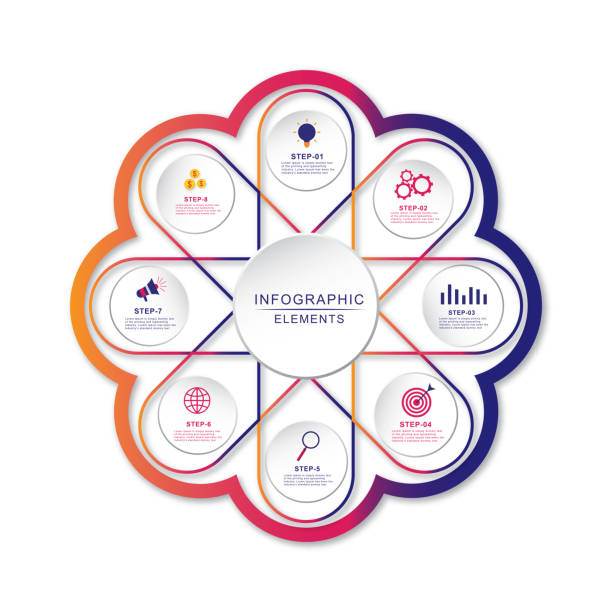Change and progress are inevitable. We moved on to slimmer phones and TVs from bulky ones, making everything digitized. We went from writing letters to emails – and the list is endless. Every industry and field had to face its fair share of evolution, and the publishing industry was no exception. For the past decade, online reading and digital books have been the new hype in the publishing industry. The concept of electronic documents has existed since the 70s. However, the boom mainly happened when devices like Kindle hit the market. So, how are the publishing houses dealing with this overtake of technology?
The Rise of Digitalization in the Publishing Industry:
Before the advent of ebooks, aspiring writers and wanna-be novelists had to go through the conventional method of getting their work published. In other words, writers had to secure a publishing deal by aggressively persuading the publishing company to give their manuscript a chance. Literary agents are the middlemen who help connect writers to the right publishers but going through this process meant having a fair pile of rejections. However, the game quickly changed as digital publishers made entries and opened new ways for authors to get published.
Ebooks bridge that gap where only a few chosen got selected by the renowned publishing companies for the opportunity of a lifetime. Many writers who haven’t made it big with physical publishing have secured great digital deals. Still, many did not understand the significance and impact digital publishing had to offer before the last decade. In the long run, digital printing is proving highly beneficial to ebook creators and, more importantly, for the writer. Since there is virtually no printing cost for publishing eBooks compared to print books, authors receive up to 20% to 25% of the profit publishers receive. The numbers get even better if the book sells well. These publishers can offer up to 40% more royalties than traditional printing houses.
The Secret to Why eBooks Sell?
The most significant contributor to the successful sales of eBooks is money. That’s right, where a traditional print book may cost anywhere between $12 to $30, most eBooks are available either for free on Kindle or available at much lower prices. Average readers are reluctant to spend this much on books and eventually choose to read them on their computer screens or phones for only a few dollars. Moreover, there are many other factors at play as to why more and more readers prefer eBooks.
For instance, some can’t replace the feeling of reading an actual book in their hands, and then, some would love to save storage by keeping hundreds of books in a single device. The availability and accessibility of millions of books at people’s fingertips are also significant reasons why eBooks are gaining commendable momentum.
How Are Ebooks Affecting the Publishing Industry?
The effects aren’t novel enough to cause a panic in the publishing industry. Still, many do fear the generalization of putting your work for free on the internet. Ebooks have brought change, but today, many independent websites like Wattpad offer young aspiring writers to put up their work for free for millions of users. Hence, digital publishing was able to capture millennials and GenZ readers who are born in digitalization. The extreme portability, low cost, customization, availability, and space-saving features of eBooks, Kindle, and Kobo are lucrative alternatives to paper books for the people by a long shot.
However, it does not mean that it’s the end of print publishing. Current statistics show that physical books are still outselling eBooks in the US by a significant margin. Print books offer readers the physical experience of reading a book and then decorating them and showing off one’s collection. On the other hand, eBooks and digital publications provide a lot more than just reading. They offer a subtle digital approach to distribution and marketing. Since ebooks have negligible costs associated with printing, it seems to be an attractive alternative for many self-publishing authors and other publishers.
Every growing trend marks itself as a danger to an existing one. Still, the publishing houses are tackling the growth of digitalization in the publishing industry intellectually. They are not fighting technology but adopting it in smart ways to ensure the survival of publishing houses. Publishers are organizing conferences, workshops promoting authors, and webinars resulting from adopting strict policies towards intellectual property piracy due to indiscriminate online content sharing. Many household names in the publishing industry like Penguin Random House claim to move with time. They are using a mix of conventional promotional tactics along with innovative digital marketing.
What is the Future of Ebooks?
The future of ebooks is undoubtedly bright, even though they still have miles to go. There has been a significant increase in ebook sales. However, they will still account for only $16 billion in the total expected global publishing revenue of $129 billion by 2023. Against all odds, the future of ebooks is still optimistic as the number of books published each year in ebook format continues to grow. Experts estimate that more than 1 million ebooks are added to the Kindle Store every year. The numbers will only keep growing.
Conclusion:
All in all, ebooks are not certainly set to replace paperbacks completely, but it has made a place of its own. Self-publishing is one of the better opportunities offered by the advent of ebooks, bringing many young and remarkable authors who previously lacked the platform to display their work. Therefore, when we talk about the effects of ebooks on the publishing industry, we can safely say that so far, it hasn’t been negative nor too discouraging. Paperbacks still have a solid following, and millions of people can’t seem to replace the feeling of smelling a freshly bought book. For the time being, both the publishing formats are co-existing, and only time will tell their survival.
Sign in
Welcome! Log into your account
Forgot your password? Get help
Password recovery
Recover your password
A password will be e-mailed to you.


